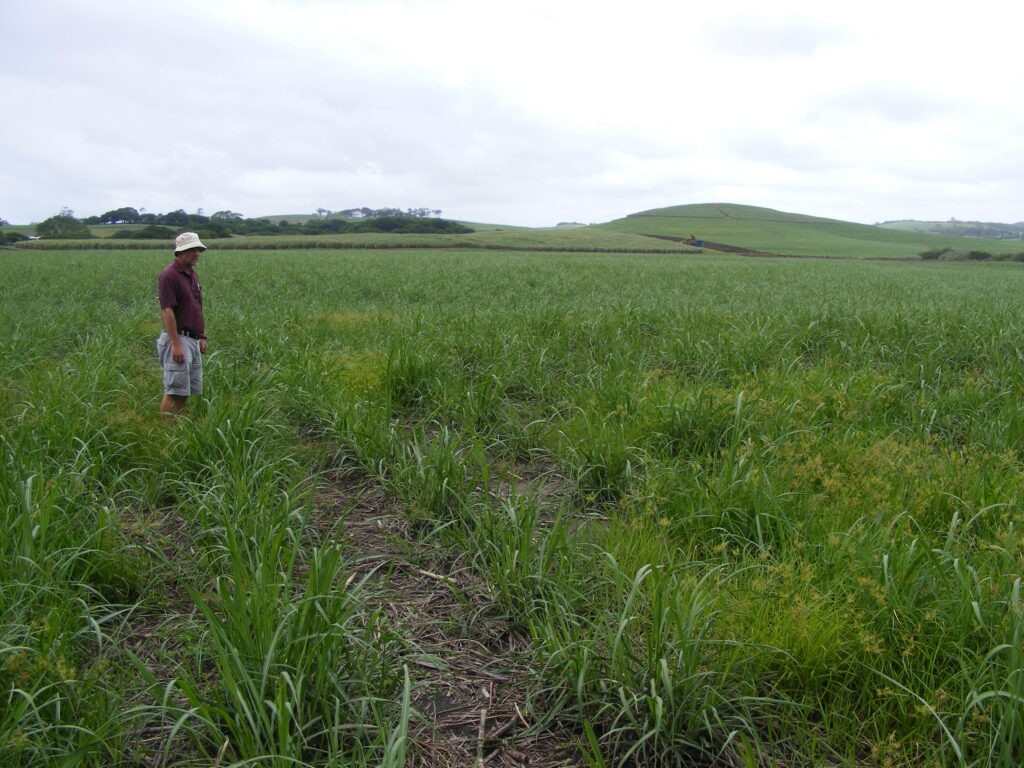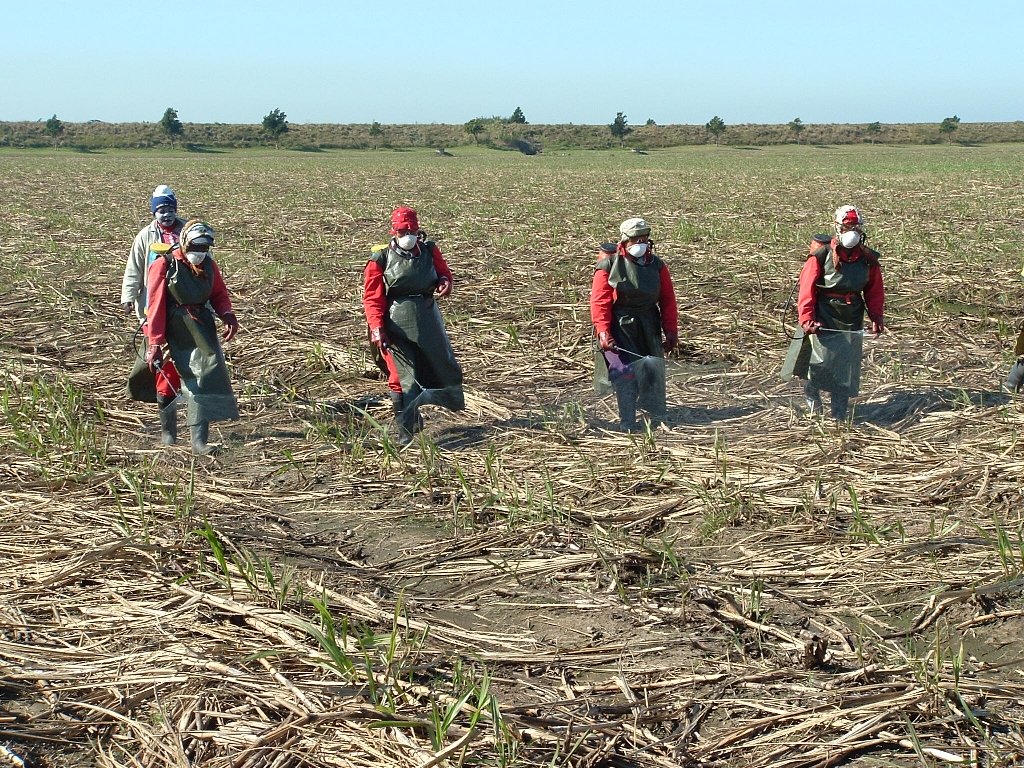Changes in weed control chemicals
As sugarcane production continues to evolve, growers face new challenges in managing weeds and cane eradication. With the potential phasing-out of certain herbicides, such as Paraquat, and continuing health and environmental concerns surrounding glyphosate, many are looking for alternatives.
Since March 2021, regulatory bodies have focused on agricultural chemicals linked to serious health risks. Starting June 1, 2024, products containing active ingredients classified as carcinogenic, mutagenic, or toxic to reproduction will no longer receive approval. Some herbicide producers are pushing for temporary extensions, but active ingredients like glufosinate-ammonium and halosulfuron-methyl will be unavailable by mid-2025.
Glyphosate is currently approved as an active substance in the EU until 15 December 2033 and will remain available in South Africa for now. Alternatives like imazapyr and fluazifop-butyl are registered for cane eradication and volunteer control. Paraquat’s future is uncertain, with a potential ban looming due to safety concerns.
Growers can stay informed through tools like the SASRI Herbicide Selector, which helps identify the most suitable chemicals for weed management in sugarcane.


